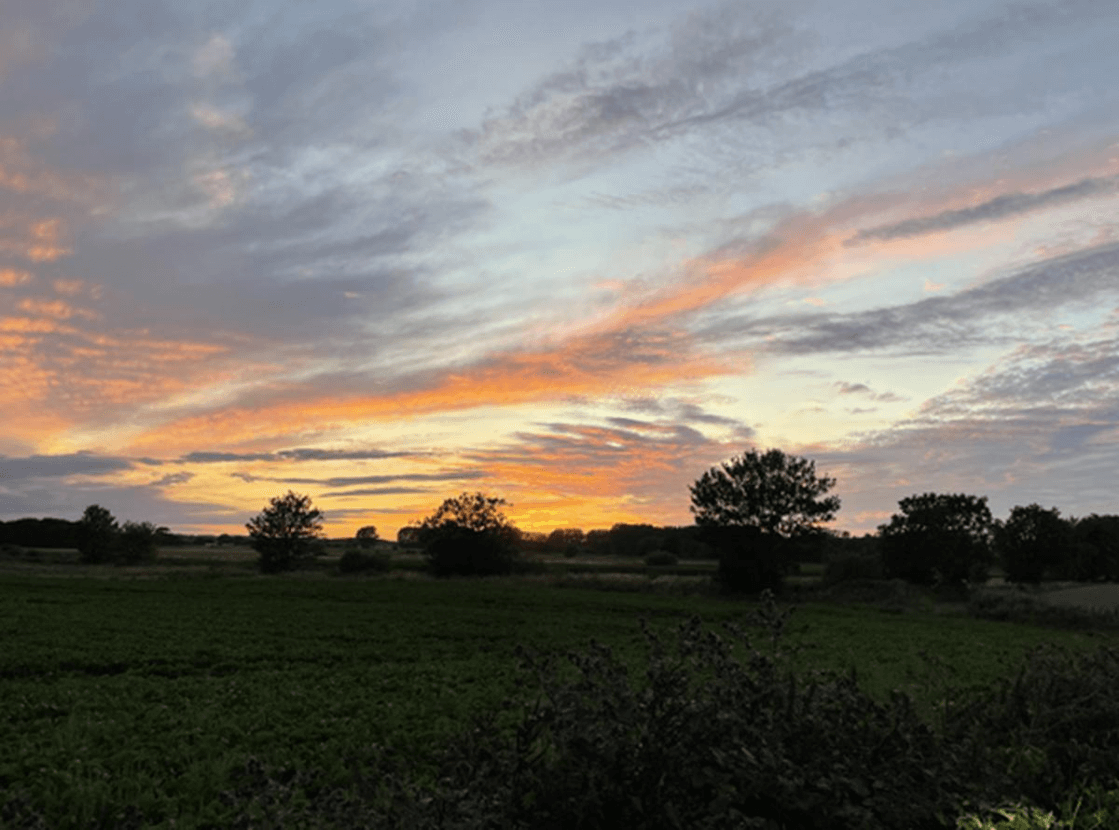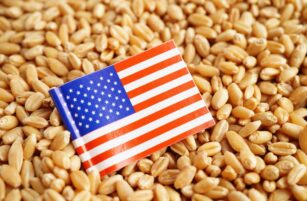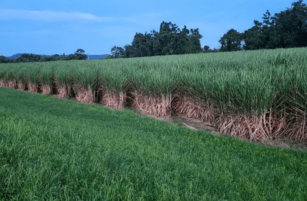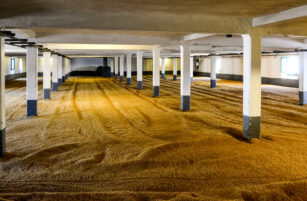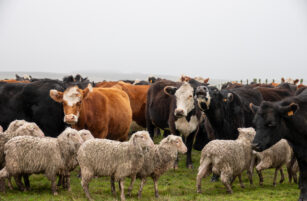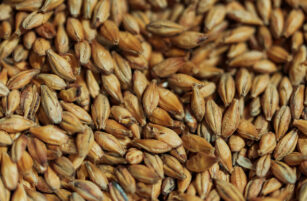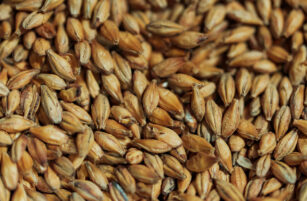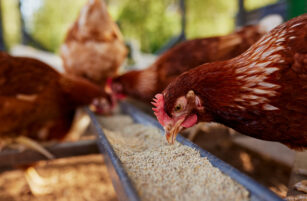Insight Focus
- It’s been cold and wet in the UK.
- Oil seed rape yields have been low and wheat quality is declining.
- However, sugar beet continues to grow well.
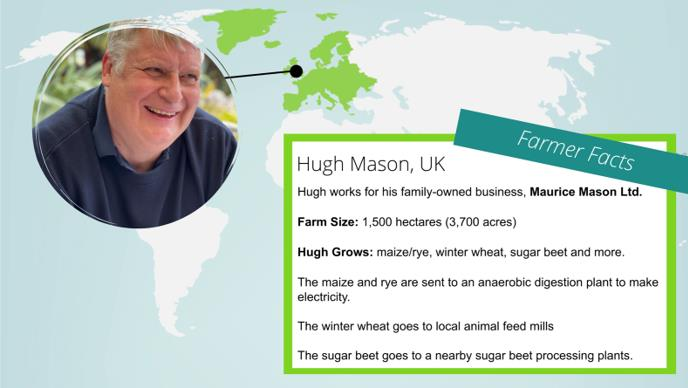
What’s Happening on the Farm?
It will teach me to be enthusiastic about harvest as it has not stopped raining since I last wrote, 200% of normal rainfall and 2 ⁰c below normal temperature. The small stream outside my office has now become a river, with the Environment Agency doing their level best to catch the jumping salmon that have now been seen. Our soils are as wet as they are in deep winter.
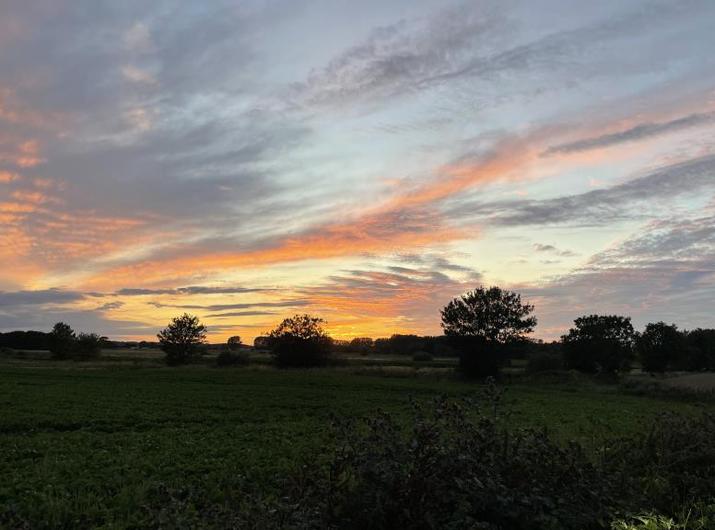
Much government inspecting of the farm has taken place, remotely – it never ceases to amaze me that HM Government does this at a time of year when a farmer is normally very busy. Apparently, one of the benefits of Brexit is to be less paperwork and red tape; someone has lied. But on a happier note, my worm counts have greatly increased (another bureaucratic requirement). When my carbon audit was done, in February, they couldn’t find a worm and so I was marked down. I tried to point out the soil was very dry and cold, which may have caused the worms to go south but to no avail.
Crop Stage
Oil seed rape is dead, harvested and buried. Yield was awful and, from a farm perspective, we are not doing any more of that. I shall miss chasing pigeons round in circles during February. We hoovered up many cabbage stem flea beetles, during harvest, which have been taken off for a holiday in the Norwich Science Park. John Innes has done much good work on this problem.
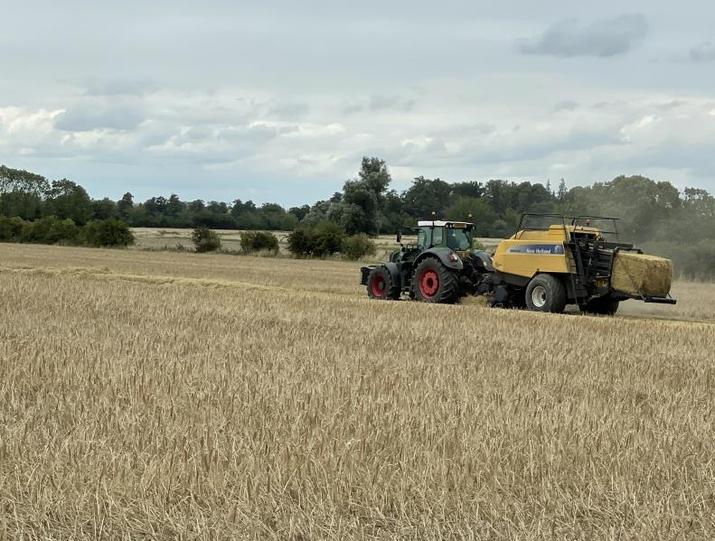
For wheat, things have been going “west”. In-fact so far west that they will soon be “east”. With the battering the elements have given us, the crop has fallen over and is busily turning itself into low grade feed . Our barley is in such a condition we can remove the two middlemen (merchant and maltster) and move straight to making beer, its growing in the wrong place.
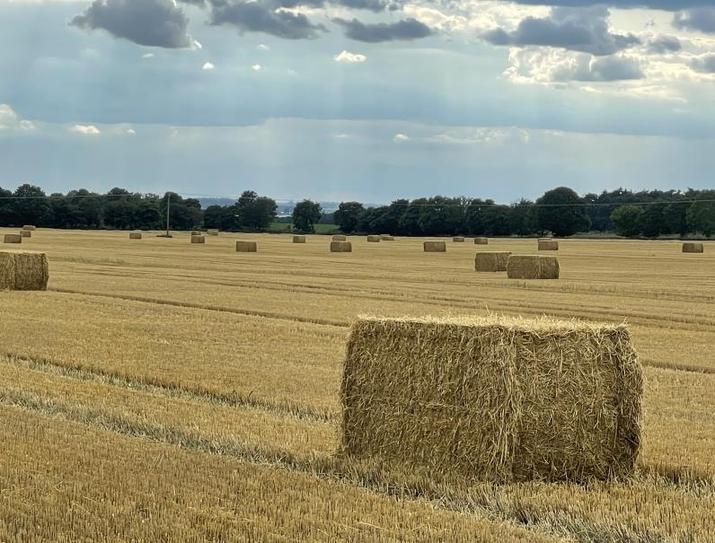
The sun flowers must be wondering what on earth they did wrong in a former life to now find themselves in a small field in rain drenched Norfolk, England. But our bee man enthuses (still). Lovely man.
And finally to a happy note, sugar beet continue to grow with enthusiasm. I trotted off to a farmers’ meeting to be given warning of impending diseases but at the moment I want to think everything is happy.
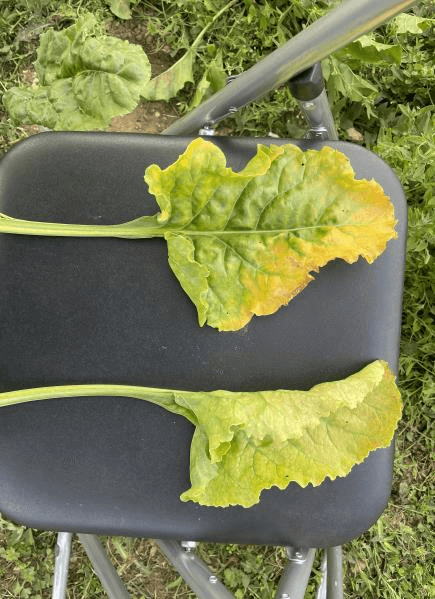
Big Concerns
Not having a problem with sleep, I have not read the new 150-page government book on the way forward to prosperity. By all accounts I’m not alone.
We have however, with nothing else to do (I wish to see how my editor puts a happy positive headline on this report), spent the month projecting English farming forward over the next 10 years.
In summary, unless commodity prices improve by quite a margin, one of our models suggests that the supply side of the industry is going to throttle the farmer out of a business life because of what they have been doing to input prices, and I’d just blamed government for the demise of English agriculture. Maybe “regenerative farming” is the way forward, in which case “buy your wheat now” as yields will be going down. We, obviously, won’t be allowed to grow sugar beet because that destroys soil structure.
On a different note, the UK Processor and Grower still have not concluded negotiations for harvest ’24. If our projections are correct the price of this crop cannot go down and if it does there will be a second-hand sugar beet factory to bid for.
Ambitions for the Year
I’ve decided to rename this bit “Jacqueline’s Patch” as, due to the food crisis currently going on in England, my lovely wife is all about growing her own. She even took a study trip to Sweden recently.

Our chickens, bought for egg production, have failed miserably. I have taken to showing them what an egg box looks like as a hint. I’ve been accused of commercialism and scolded, as they were bought because they were pretty. A marrow has grown rather like a triffid does and we now have something in the fridge that is putting the “verbals” on the only other thing to come out of our new project, two radishes. Even sliced thinly this is not going to keep me alive.
